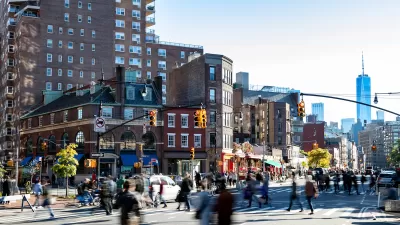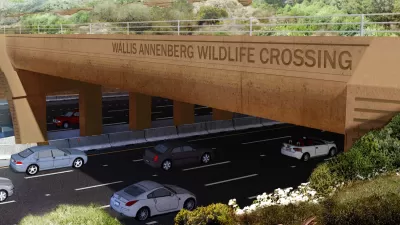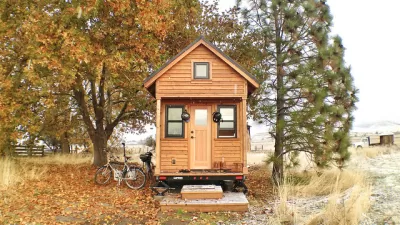Wired Magazine calls Mitchell Joachim 'a Frederick Law Olmsted for the 21st Century'. Joachim is at the forefront of thinking about the ecological footprint of cities, and one of Wired's 'People the Next President Should Listen To.'
"At the top of the agenda, Joachim says, is mobility and its inefficiencies. Citing US Department of Energy statistics, he says that while 29 percent of the nation's energy expenditure--what he calls "the suck"--now goes toward getting around, "in 50 years that will double." Among the biggest sources of waste, he argues, is the automobile--not only in energy but in the space it occupies (cars, he notes, spend more than 90 percent of the day parked). For nearly a century, Joachim says, "cities have been designed around cars. Why not design a car around a city?" So he did just that. One of his concept vehicles, the City Car , was named to Time magazine's Inventions of the Year list in 2007.
His various cars would be less machine than Facebook on wheels. Instead of rpm gauges, there'd be social networking software telling drivers where their friends are and how to get there. Made from neoprene and other soft materials, cars would no longer suffer traffic-fouling fender benders, merely what he calls "gentle congestion"--picture a flock of urban sheep grazing against one other. Like Zipcar vehicles, the cars would be shared. They would "read" potholes and send warnings to nearby drivers and city repair crews. Urban parking would be eased by intelligent real-time supply and demand management, with people bidding remotely for available spots."
FULL STORY: Mitchell Joachim: Redesign Cities From Scratch

Pennsylvania Mall Conversion Bill Passes House
If passed, the bill would promote the adaptive reuse of defunct commercial buildings.

Planning for Accessibility: Proximity is More Important than Mobility
Accessibility-based planning minimizes the distance that people must travel to reach desired services and activities. Measured this way, increased density can provide more total benefits than increased speeds.

World's Largest Wildlife Overpass In the Works in Los Angeles County
Caltrans will soon close half of the 101 Freeway in order to continue construction of the Wallis Annenberg Wildlife Crossing near Agoura Hills in Los Angeles County.

Eviction Looms for Low-Income Tenants as Rent Debt Rises
Nonprofit housing operators across the country face almost $10 billion in rent debt.

Brightline West Breaks Ground
The high-speed rail line will link Las Vegas and the Los Angeles area.

Colorado Bans No-Fault Evictions
In most cases, landlords must provide a just cause for evicting tenants.
City of Costa Mesa
Licking County
Barrett Planning Group LLC
HUD's Office of Policy Development and Research
Mpact Transit + Community
HUD's Office of Policy Development and Research
Tufts University, Department of Urban and Environmental Policy & Planning
City of Universal City TX
ULI Northwest Arkansas
Urban Design for Planners 1: Software Tools
This six-course series explores essential urban design concepts using open source software and equips planners with the tools they need to participate fully in the urban design process.
Planning for Universal Design
Learn the tools for implementing Universal Design in planning regulations.

























